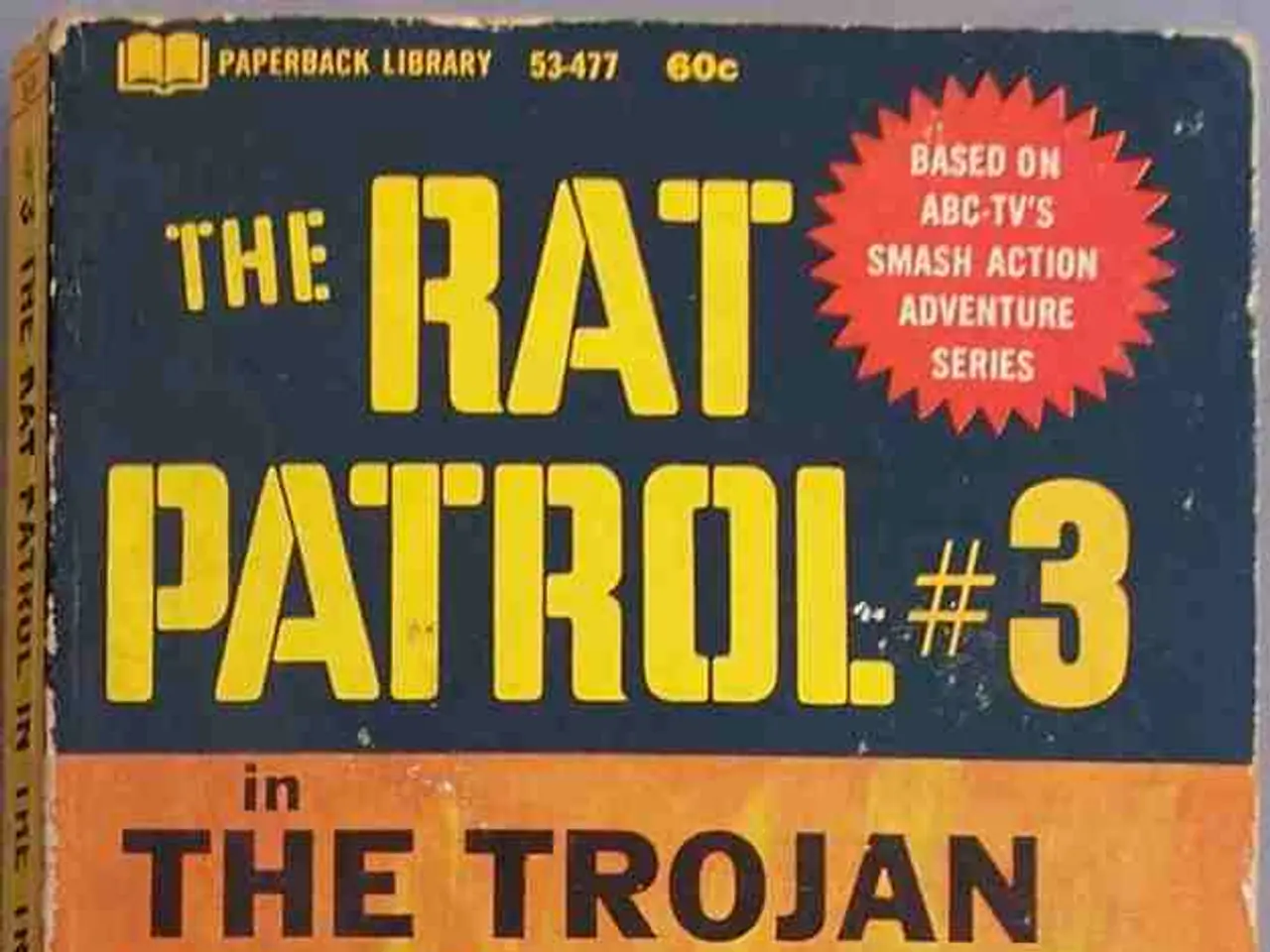Emphasis to Shift Towards Child Safety, IP's Role in Conflict Resolution Highlighted
The Davao Region in the Philippines has taken a significant step forward in its peace-building efforts, as highlighted in the Joint Regional Task Force to End Local Communist Armed Conflict-Davao Region (JRTF-Elcac-Davao) Second Quarter Meeting held on June 27, 2025, at the Mindanao Development Authority (MinDA) office.
The meeting, attended by key officials including MinDA Chair and Cabinet Officer for Regional Development and Security (Cords) for Davao Region, Secretary Leo Tereso Magno, concluded with a unified call to sustain peace-building gains and ensure that every community in the region experiences the benefits of lasting peace.
The ongoing peace initiatives in the Davao Region focus significantly on child protection and the involvement of Indigenous Peoples (IP) in peace-building and development efforts. Key elements include:
1. **Reaffirmed commitment to inclusive and sustainable peace-building**: The approach aligns with President Ferdinand Marcos Jr.’s agenda of just and lasting peace, anchored on social justice and inclusivity. This approach emphasizes that peace cannot be secured by security measures alone but requires inclusive development, responsive governance, and community empowerment.
2. **Creation of the Inter-Agency Committee on Children Involved in Armed Conflict (IAC-CIAC)**: This committee works to protect children from the dangers of armed conflict and recruitment. The regional rollout of the 4th National Plan of Action for Children, aimed at safeguarding the welfare of young people affected by violence, complements this initiative.
3. **Enhanced efforts to deepen the participation of Indigenous Peoples**: The regional peace and development initiatives aim to ensure that the voices and concerns of Indigenous Peoples are integrated into peace-building processes.
4. **Localized Peace Engagement and Amnesty clusters**: Led by the Office of the Presidential Adviser on Peace, Reconciliation, and Unity (Opapru), these clusters support the reintegration of former rebels, including child returnees and Indigenous Peoples, through education, livelihood programs, and psychosocial services.
These coordinated efforts contribute to sustaining the insurgency-free status of the Davao Region and reinforce a holistic peace strategy that integrates social justice, protection of vulnerable groups, and empowerment of Indigenous communities.
Secretary Magno emphasized that the ongoing peace efforts align with President Ferdinand Marcos Jr.'s agenda for a just and lasting peace anchored on social justice and inclusivity. Magno praised the ongoing reintegration programs that provide education, livelihood, and psychosocial support to former rebels, including child returnees and IP members. Magno noted that peace cannot be achieved through security alone, but through inclusive development, responsive governance, and empowering communities.
Agnes Cervantes, Assistant Secretary of the Department of Foreign Affairs, mentioned the Philippines' inclusion in the 2025 UN Secretary-General's Annual Report on Children and Armed Conflict. Cervantes pointed to a recent peace mission in Talaingod, Davao del Norte as a successful model of localized peacebuilding that empowers IP communities and gains international attention.
Maintaining the region's insurgency-free status is both a milestone and a continuing obligation under the administration's thrust of unity and nation-building, Magno stated. The focus of the meeting was reinforcing child protection mechanisms and deepening the involvement of Indigenous Peoples (IP) in the region's peace and development initiatives.
These initiatives underscore the Davao Region's commitment to a whole-of-nation approach centered on child protection mechanisms, IP involvement, and comprehensive reintegration programs, all aimed at building lasting peace in the region.
- The Davao Region's peace-building efforts, as demonstrated in the JRTF-Elcac-Davao meeting, are anchored in President Ferdinand Marcos Jr.’s agenda of just and lasting peace, promoting inclusivity and social justice.
- The Inter-Agency Committee on Children Involved in Armed Conflict (IAC-CIAC) is established in the Davao Region to protect children from armed conflict and recruitment, complemented by the regional rollout of the 4th National Plan of Action for Children.
- The Davao Region's peace and development initiatives prioritize the inclusion of Indigenous Peoples (IP), ensuring their voices and concerns are integrated into the peace-building process.
- Localized Peace Engagement and Amnesty clusters, led by the Office of the Presidential Adviser on Peace, Reconciliation, and Unity (Opapru), support the reintegration of former rebels, including child returnees and IP members, through education, livelihood programs, and psychosocial services.
- Secretary Magno highlighted the importance of inclusive development, responsive governance, and community empowerment in achieving lasting peace, as part of the administration's thrust on unity and nation-building.
- Agnes Cervantes, Assistant Secretary of the Department of Foreign Affairs, noted the Philippines' inclusion in the 2025 UN Secretary-General's Annual Report on Children and Armed Conflict and emphasized a successful localized peace mission in Talaingod, Davao del Norte as a model for empowering IP communities.




